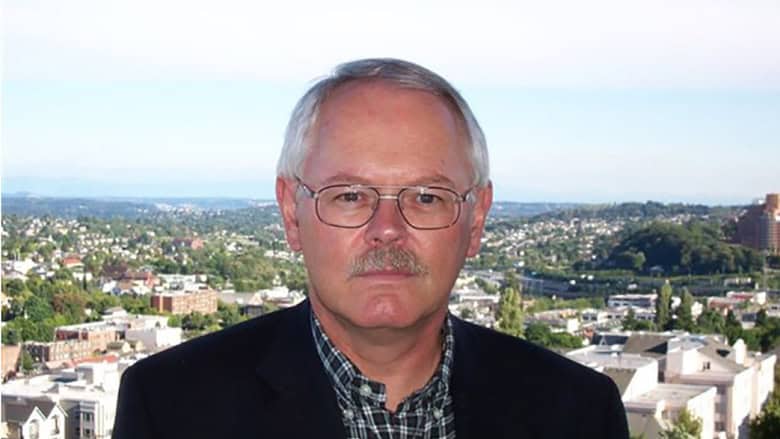
Ron Rolheiser column
Week of November 2 2025
At a conference which I attended, a psychiatrist shared this story. A woman came to see him in considerable distress. Her anguish had to do with her last conversation with her husband before he died. She shared how they had enjoyed a good marriage for more than thirty years, with never more than a minor quarrel between them. Then one morning they had a quarrel over some trivial thing (she couldn’t even remember the substance). Their argument had ended in anger, and he had stomped out the door to go to work – to die of a heart attack that day, before they had a chance to talk again.
What awful luck! Thirty years without an incident of this kind and now this, anger in their last words to each other! The psychologist first, humorously, assured her that the fault all lay on her husband, in his choosing to die at that unfortunate moment, leaving her with that guilt!
More seriously, he asked her, “if your husband was here right now, what would you say to him?” She answered that she would assure him that after all their years together this little incident meant nothing, that their love for each other utterly dwarfed that mini moment. He assured her that her husband was still alive in the communion of saints and was with them right now. Then he said to her, “why don’t you sit in this chair and tell him what you just shared, that your faithful love for each other completely obliterates your last conversation. Indeed, share a laugh over its irony.” Fanciful thinking? No.
As Christians we have a doctrine which asks us to believe that we are still in live, conscious contact with those who have died. This doctrine, The Communion of Saints, is enshrined in our creeds and is celebrated explicitly on two days each year, All Saints and All Souls Days.
Among other things, this doctrine invites us to pray for the dead. Not surprisingly, some people balk at this, protesting that God doesn’t need to be reminded to be merciful and forgiving. They are right. However, in the end that is not the reason we pray for our deceased loved ones.
The real intent of our prayer for the dead is for us to stay in touch with them, to continue to be in a conscious communication, to maintain our relationship of love, to finish unfinished business, to apologize to them, to forgive them, to ask them to forgive us, to remain mindful of the special oxygen they breathed into the planet during their lives, and to occasionally share a celebratory glass of wine with them.
Thus, among other things, our belief in the communion of saints gives us a second chance, and that is a much-needed consolation. No matter who we are, we are all inadequate in our relationships. We can’t always be present to our loved ones as we should; we sometimes say things in anger and bitterness that leave deep scars; we betray trust in all kinds of ways; and mostly we lack the maturity and self-confidence to express the affirmation we should be conveying to our loved ones. None of us ever fully measures up.
At the end of the day, all of us lose some loved ones in ways similar to how that woman lost her husband, with unfinished business, with bad timing. There are always words that should have been said and weren’t said, and there are always things that shouldn’t have been said and were said.
But that’s where our faith comes in. Indeed, we aren’t the first ones to come up short. At the time of Jesus’ arrest, trial, and death, virtually all his disciples had deserted. The timing here was also bad. Good Friday was bad long before it was good. But, and this is the point, as Christians, we don’t believe there will always be happy endings in this life, nor that we will always be adequate in life. Rather, we believe that the fullness of life and happiness will come to us through the redemption of what has gone wrong, not least with what has gone wrong because of our own inadequacy and weakness.
G.K. Chesterton once said that Christianity is special because in its belief in the communion of saints, even the dead get a vote. They get more than a vote. They still get to hear what we’re saying to them.
So, if you’ve lost a loved one in a situation where there was still something unresolved, where there was still a tension that needed easing, where you should have been more attentive or where you feel badly because you never adequately expressed the affirmation and affection that you might have, know it’s not too late. It can still be done!
And, in having that make-up conversation, don’t be afraid to share a laugh about how the inadequacy of our human situation has the devilish habit of fudging our best intentions.
Oblate Father Ron Rolheiser is a Professor of Spirituality at Oblate School of Theology and award-winning author.
He can be contacted through his website www.ronrolheiser.com. Follow on Facebook www.facebook.com/ronrolheiser

